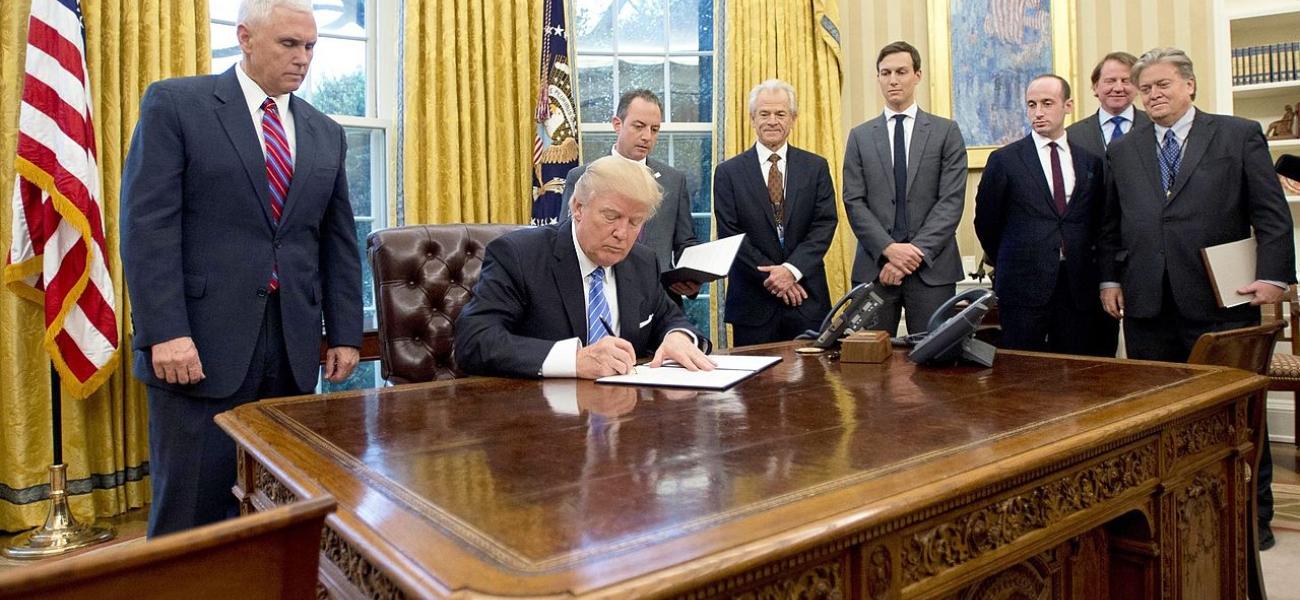
To Punish Putin, Economic Sanctions Are Unlikely to Do the Trick
This is a summary of an article originally published by the New York Times.
The author notes that ambitious sanctions aimed at powerful countries with autocratic governments have a poor track record of success. He points to a series of examples, from Syria, to Cuba, to Nigeria, of sanctions failing to achieve Washington’s goals. While some argue that sanctions on Russia following the seizure of Crimea kept Moscow out of the Baltic States, others argue that the Baltics simply aren’t as important to Moscow as Ukraine. In the case of Iran, crediting sanctions doesn't take into account Iran’s own choices. While sanctions have brought economic hardship to Russia’s ordinary citizens, the ruling class often does not partake in the ensuing misery, and “can even benefit from the burst of patriotic fervor” following sanctions. The author concludes that Congress’ move to expand sanctions on Russia is not about changing Moscow’s behavior. “It looks like a signal to American voters that if Mr. Trump sees Mr. Putin as an ally, Congress disapproves.”
Read the full article at the New York Times.
Eduardo Porter
Eduardo Porter writes the Economic Scene column for The New York Times.

